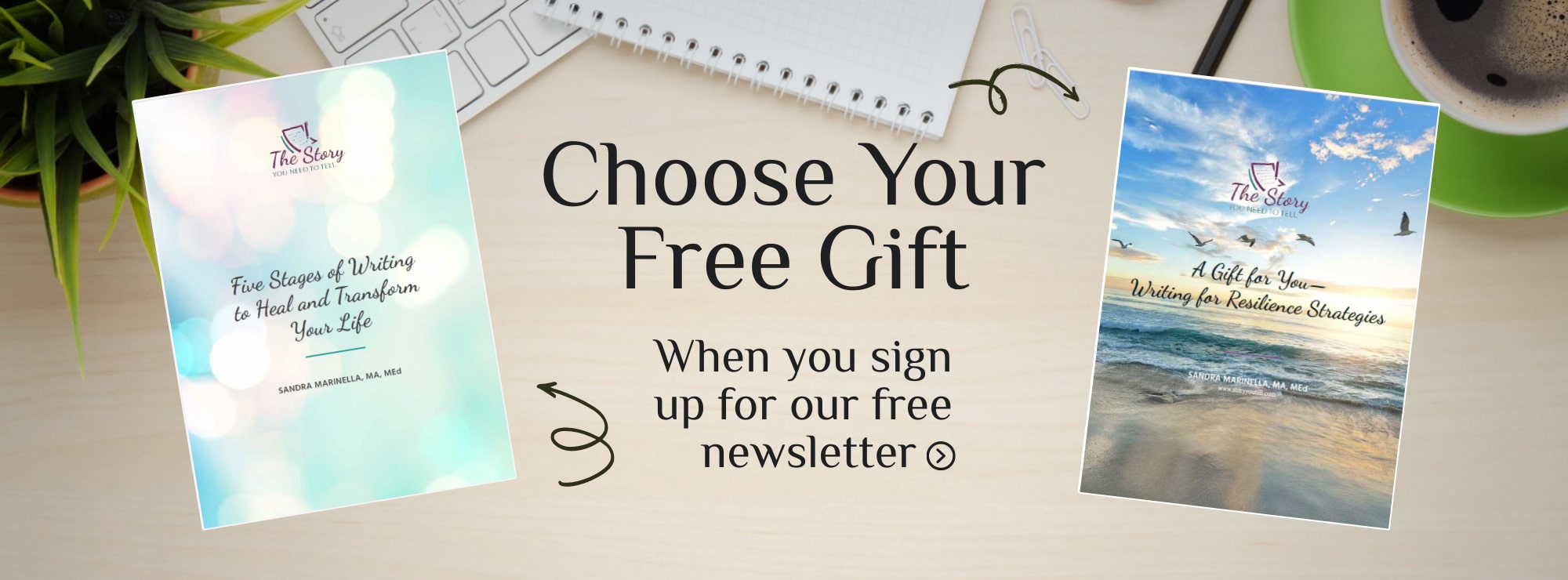Holding to Hope
Recently I mailed my granddaughter Macy a copy of a book, Esperanza Rising. It is a book about a young girl who faces many hard losses—her father, her home. I thought a book that held to hope might help Macy navigate the hard bumps that might come of living through this unusual time.
When I was Macy’s age, nine, I received a similar book. My dad brought home a copy of Little Women as a surprise. I imagine it was a peace offering. I thanked him, but I suspect I purposely left that book on the kitchen table for a couple of weeks before I opened it.
At that time, I was struggling with a world crisis of my own. Not a pandemic—but an unexpected move overseas. My dad was a good man, but he had a penchant for adventure and travel. When I was seven, he was offered a job in Japan that he had planned to take until my mother said, “No. We don’t speak Japanese.” When I was eight, he tried to accept a position in Germany, but my mother put her foot down again. “We don’t speak German!” But at age nine, I was uprooted from a school and friends I loved, and I was hauled off to a new life in Kilburn, a small coal-mining town outside Derby, England, a country where we could speak English. Still, the cockney accents of our new neighbors sounded foreign to me.
My first day of school remains scorched in my memory. I wore a bright red, full-skirted dress, not the required green wool jumper with starched shirt and striped tie. I also lacked the knickers required for gym class where I toppled off a pommel horse, landed on my head, and displayed my cotton undies for my new classmates. For years I considered this moment the biggest humiliation of my life.
After school I trudged home in the English drizzle, sunk into my mother’s arms, and I cried. I wanted to go home to America. I wanted my friends. I wanted to hear voices I could understand. I did not want be “the other” or the odd girl in the school. In the coming days, I seriously contemplated running away. But it was 3,895 miles to Indiana, and although I was only nine, I was fully aware that my savings of a little over $4 would not get me there.
I was miserable. Not even my new uniform made me feel part of a class that called me “Red” because my cheeks colored with humiliation after my fall from grace in gym class. By the second week, I had my first British friend. Janet. Her father was a coalminer like most of the dads in my class. My new friend helped me learn how to straddle the horse in gym class, how to dump peas and vinegar on my French fries at lunch, and how to master the local accent. It was cool to say, “Hey up, ducky?” or to use someone’s nickname. Turned out that having a nickname was a good thing.
I began to adjust, and to signal this to my dad, I started reading Little Women. Turned out that book helped, too. Discovering a character like Jo who felt weird and struggled with how she could fit in her world comforted me. She showed me how to be strong.
Today, granddaughter Macy and I sat on Zoom reading Esperanza Rising together. Suddenly Macy paused and looked up at me on her screen with the earnest eyes of a nine-year-old. “Gigi, I feel bad for Esperanza. She had really sad things happen in her life.”
“She did.” I nodded.
“I am glad that our lives are not as hard as hers.”
“Me, too,” I said, sucking in a deep breath. She continued to read.
I continued to hold to hope.


